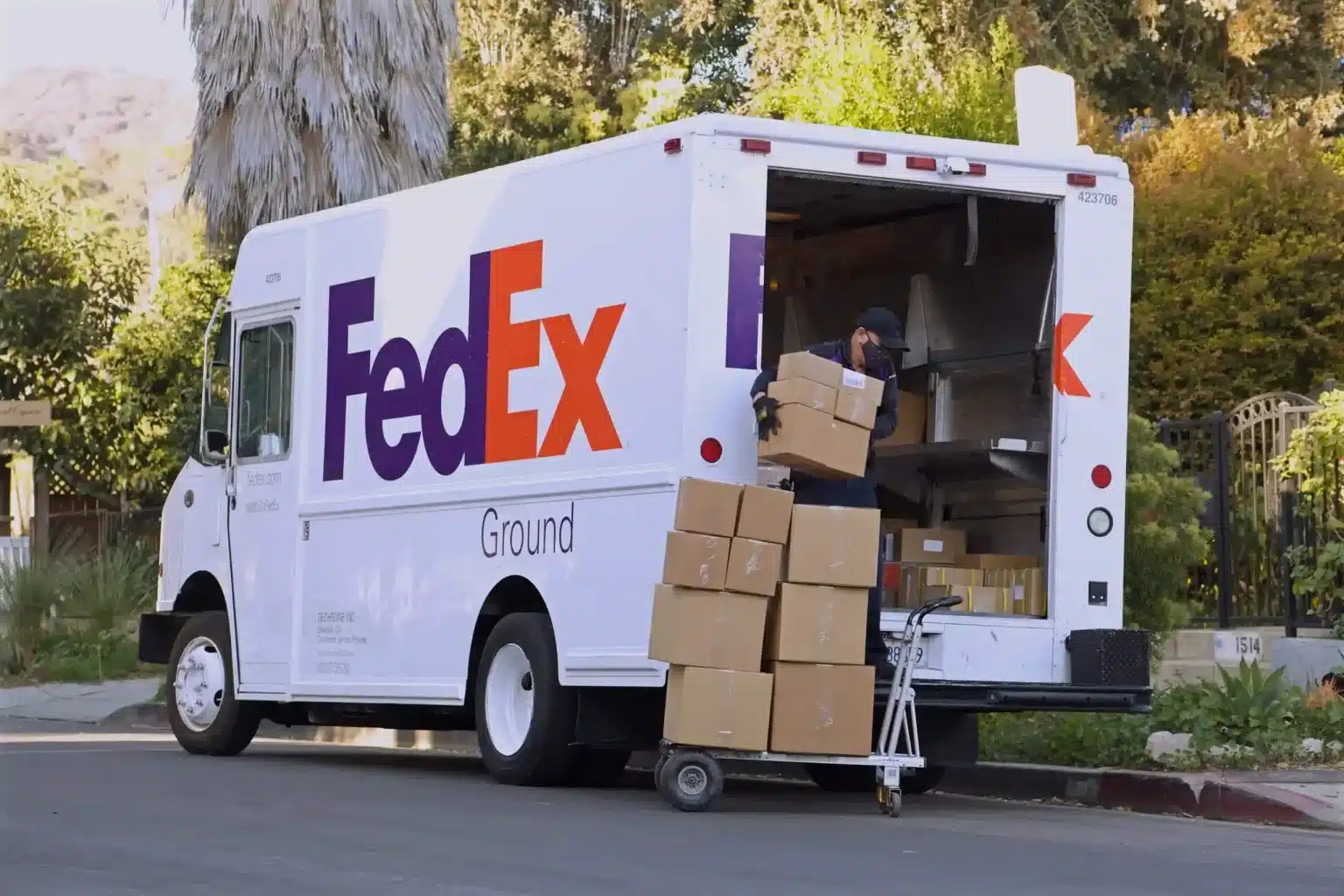As the economy continues to recover, labor shortages are potentially threatening to slow growth. US unemployment fell to 5.2% in August 2021 – a significant improvement from a high of 14.8% in April 2020. But despite increasing job openings, businesses are having a difficult time attracting employees.
Widespread work opportunities, stimulus checks, robust unemployment payouts, furloughed workers, career changes, and child-care duties are causing workers to hesitate to return to the labor force.
Businesses unable to attract and retain workers are feeling the pressure. Some businesses are offering higher wages to incentivize employees, while others are watching their bottom line take a hit.
FedEx is the latest major corporation to experience the issue first-hand. In the company’s latest earnings report, FedEx announced its quarterly earnings suffered a $450 million loss due to labor shortages – especially in its ground segment. FedEx estimated that a lack of workers has resulted in a staggering 600,000 packages across its network being rerouted.
On FedEx’s earnings call, COO Raj Subramaniam reported, “The impact of constrained labor markets remains the biggest issue facing our business as with many other companies around the world and was the key driver of our lower than expected results in the first quarter.”
Subramaniam explained the situation and highlighted the struggles one of its facilities in Portland, Oregon is facing.
“Our Portland Oregon hub is running with approximately 65% of the staffing needed to handle its normal volume. This staffing shortage has a pronounced impact on the operations, which results in our teams diverting 25% of the volume that would normally flow through this hub because it simply cannot be processed efficiently to meet our service standards. And in this case, the volume that was diverted must be rerouted and processed, which drives inefficiencies in our operations and in turn higher costs.
Subramaniam continues, “These inefficiencies included adding incremental linehaul and delivery routes, meaning more miles were driven and higher use of third-party transportation to enable us to bypass Portland entirely. Now that’s merely one example.”
FedEx’s shares fell in response to the disappointing earnings reports. The company also lowered its full profit outlook for the fiscal year – from full-year earnings of $19.75 to $21 a share compared to $20.50 to $21.50.


Labor Shortages are Being Felt Across Multiple Industries
FedEx is far from the only business affected by a tight labor market. Many businesses across retail, restaurant, manufacturing, construction, transportation, and warehousing sectors are also struggling to maximize operations under limited labor. Small businesses are having an even harder time hiring talent – especially because they don’t have the type of resources to compete with larger corporations in terms of incentives. Instead, small businesses have to rely on different strategies to attract and retain employees. This includes boosting employee morale, investing in a strong company culture, recognizing the achievements of top performers, and more. The labor shortage is ultimately slowing the US economic rebound, and there’s no telling when the situation will balance out. Small businesses should consider all their options to capture new hires – including opting for financing.How Small Business Financing Can Help Mitigate Labor Shortages
Small business financing can give your business the flexibility it needs to cover higher wages, pay bonuses, and incentivize employees to join your firm. It’s a great way to invest in growing your labor pool without having to dip into savings or cut back from other critical projects. Financing also allows your business to invest in automation tools and other digital technologies to help operations flow seamlessly without human input. Not only is this a great strategy for overcoming a tight labor market, but it will also help your business cut costs in the long run. To learn about your options for small business financing, make sure to work with National – an online marketplace for customized mall business financing solutions. You’ll work with a Business Financing Specialist to take you through the steps and help you select a financing product that works for you. Browse small business loans, business lines of credit, and more. Learn how extra financing can help you manage talent amidst labor shortages and get in touch with a Business Financing Specialist here. Related Articles- The Small Business Tax Rates in 2021, Explained
- 4 Business Loans For Retailers (And How to Get One)
- 6 Factors That Keep You From Getting a Small Business Loan
- Small Business Loans 101
- How to get a Small Business Loan in 5 Steps
- 7 Minority Grants for Small Businesses
- What Will it Take for Small Business Owners to Recover From The Labor Shortage?
- Understanding the Business Loan Credit Assessment Process
- Qualifying For An SBA Loan: What Small Businesses Need To Know
- How Do Commercial Loans Work?
- Where Can I Get a 5 Million Business Loan?
- Can I Get a PPP Loan and A Small Business Loan?
- Fast Business Loans The Complete Guide


